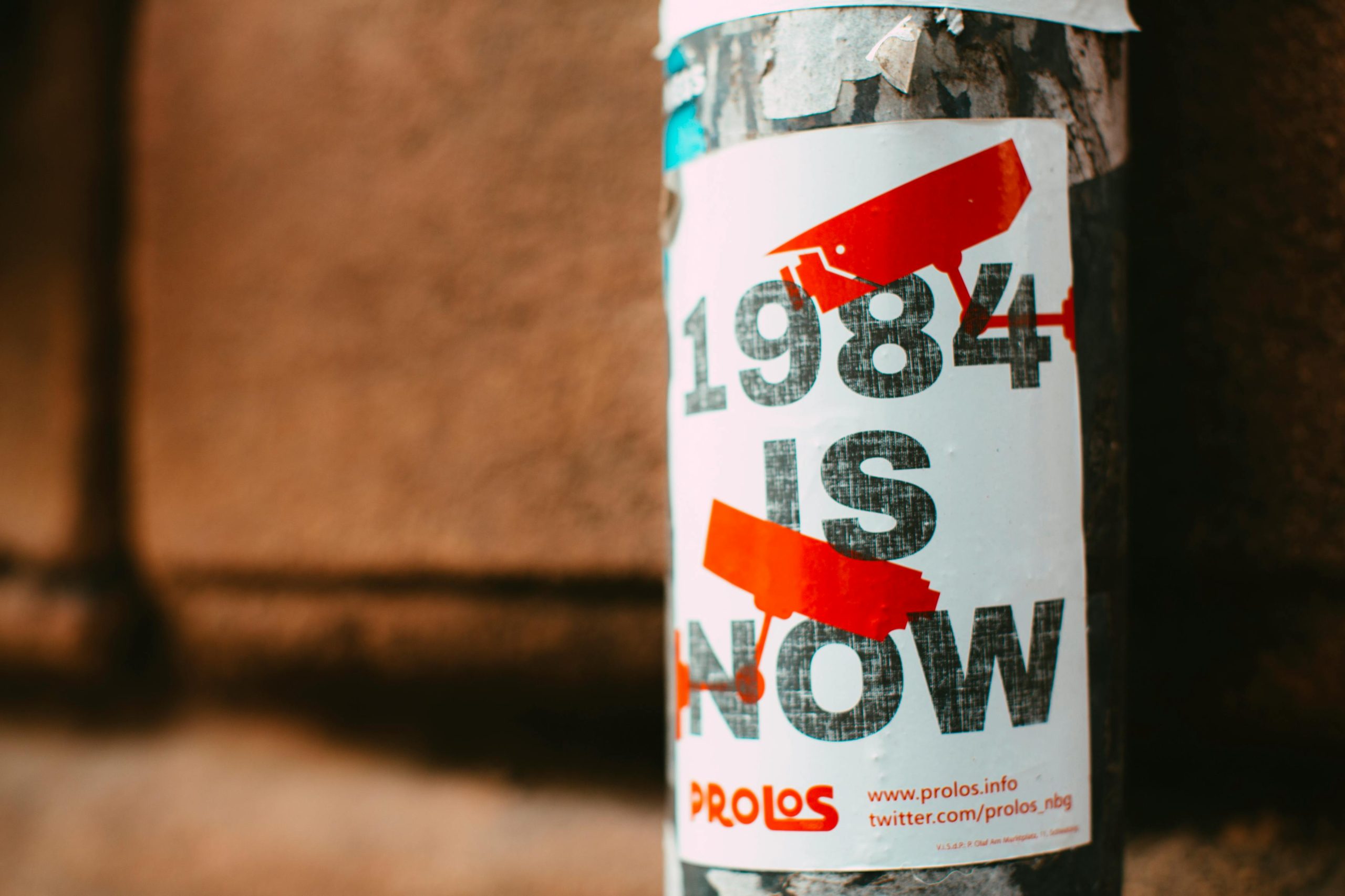When deciding whether to buy a van or lease one, your choice should depend on several key factors such as your financial situation, how the vehicle will be used, and your long-term plans for it.
Cash Purchase of a Cheap Van:
Advantages:
No Monthly Payments: Once you buy the van outright, it’s fully yours, leaving you free from monthly financial obligations related to the vehicle.
Lower Total Cost: Over time, this option tends to be cheaper as you won’t be paying any interest or fees associated with financing or leasing.
Resale Value: You have the flexibility to sell the van at any time and recoup some costs.
Disadvantages:
Higher Upfront Cost: A significant amount of cash is required initially, which can impact your liquidity.
Potential Maintenance Issues: Cheaper vehicles might require more maintenance and repairs, which can add up in the long term.
Financing a Better Van:
Advantages:
Higher Quality Vehicle: Financing allows you to purchase a van of better quality, which may be more reliable and require less maintenance.
Monthly Payments: Spreading out the cost can make budgeting easier and more flexible.
Possibility of Ownership: At the end of the finance period, you own the van, potentially offering better value than leasing.
Disadvantages:
Interest Payments: Over time, you will pay more for the van due to interest.
Depreciation: As with any vehicle, the van will depreciate in value, which may affect resale and trade-in values.
Leasing a Van:
Advantages:
Lower Initial Costs: Typically, leasing requires less upfront money compared to buying.
Simple Upgrades: Leases allow you to drive newer models every few years without the hassle of reselling.
Maintenance: Many leases cover maintenance, simplifying ownership and potentially reducing unexpected expenses.
Disadvantages:
No Ownership: You never own the vehicle, end up in a cycle of continuous payments, and have no asset to sell.
Mileage Limits and Fees: Leases often come with mileage caps, and exceeding them can be expensive.
Long-Term Costs: Leasing can be more expensive in the long run without building any equity in the asset.
Recommendation:
Consider prioritizing your current financial situation and needs. If cash flow is tight, leasing may help manage finances better in the short run. However, if you plan to keep the vehicle for a longer duration, financing a better van might provide reliability and eventually ownership. A cash purchase is ideal if upfront cost isn’t a barrier and you prefer outright ownership with no future payments. Evaluate each option’s pros and cons relative to your financial goals and vehicle usage.










One Comment
Thank you for this thorough analysis of the various options for acquiring a van! One additional factor to consider that can greatly influence the decision is the anticipated use of the van. For instance, if you foresee using the van for high-mileage activities like deliveries or extensive travel, financing a higher-quality van might be the best route. It not only offers you the potential for reliability but also a better warranty or service plan, which can mitigate long-term repair costs.
On the other hand, for those using the van infrequently or primarily for short trips, leasing could be more attractive. It offers the flexibility of upgrading to the latest models and features without the worries of long-term maintenance and depreciation.
It’s also worth noting potential tax implications. Certain business uses of a van can allow for deductions on lease payments, depreciation, and maintenance, providing added financial benefits, depending on your situation.
Ultimately, aligning the van acquisition strategy with both current financial health and anticipated usage patterns will pave the way for a decision that best suits your needs. Have you thought about specific use cases for your van? That could further refine the consideration!